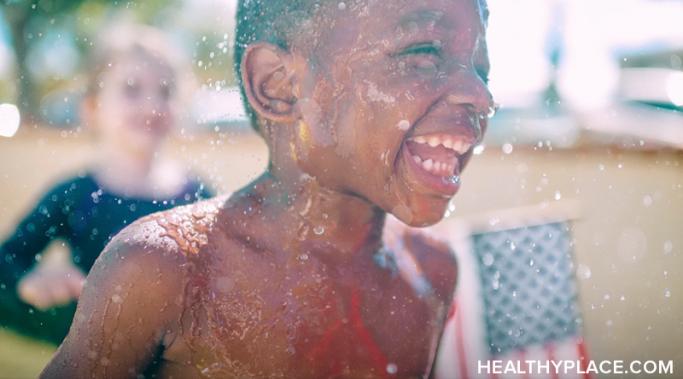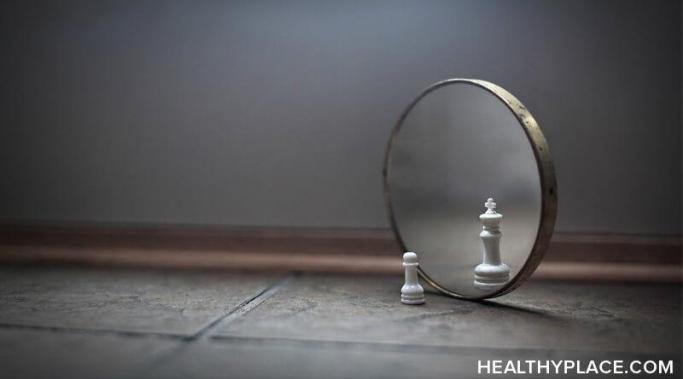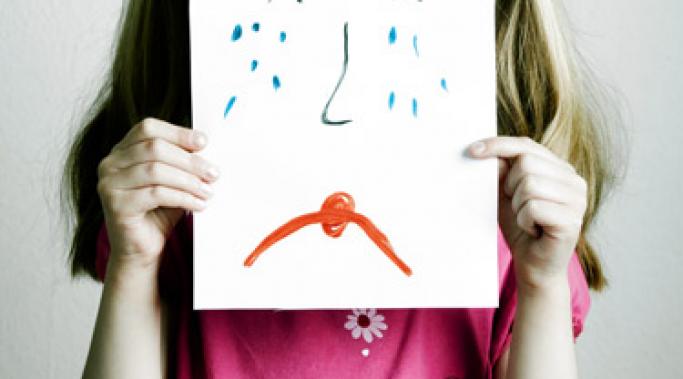As we age, we become more self-conscious, and things about us that never really bothered us, like the shape of our nose, eyes, or height, become something we can't get past. This is common in teenagers, and why we must build self-esteem in teenagers and children. For the longest time, I felt my nose was ugly. It isn't a button nose which, according to society, is the perfect nose shape, and I always tried hiding it, even in pictures. I have managed to overcome this through the help of my friends and family, and now I love my nose and don't care what others say about my nose's shape or anything else about me. In this article, we will look into the various ways to build self-esteem in teenagers and children.
Self Esteem Teenage
Finding self-love after a traumatic suicide attempt seems like a daunting task. After all, of the many thoughts circling the brain after an event of intended suicide, very few of if any are positive. It's more common to feel fear, shame, and misery. And eventually the question will arise–can I ever learn to love myself after the trauma of a suicide attempt? (Note: This post contains a trigger warning.)
How's your body image? Are you attractive? Do you like the way you look? Do other people think you're beautiful? It's hard to talk about body image without sinking deep into our most vulnerable places. As standards of beauty become progressively less realistic (hello Instagram filters, goodbye pores), being able to have an honest conversation with ourselves about our looks becomes increasingly difficult. Yet we each live within our own, unique bodies every day–being able to look at them in a realistic (and non-damaging) way is a valuable tool towards understanding who we are, developing a healthy body image, and ultimately towards building self-esteem.
If I could talk to the teenage version of myself about authenticity, I know what I would say. I would tell her the very things she is afraid make her "weird" are actually the things that make her awesome. I would tell her to stop wasting energy being afraid of judgment, and to put that energy towards enjoying the things that make her happy.
Mindful social media habits are important skills to learn to protect our self-esteem. Social media allows us to get a glimpse into the lives of so many people. Unfortunately, constant updates about people’s vacations, weddings, job offers, graduations and newborns don’t always fill us with joy. In fact, being inundated with everyone else’s highlight reel can damage our mental health. Many studies have shown a link between social media use and low self-esteem. For example, a study published this year found that one hour spent on Facebook is associated with a decrease in an individual’s self-esteem score, which authors say is influenced by the social comparisons that people engage in.1 But there are ways to integrate mindful social media use so that you can protect your self-esteem.
Each day is an opportunity to change your self-esteem. If you struggle with negative self-talk, insecurity or believe that it's too late to build self-esteem you are wrong. You deserve to feel confident and happy with your life. Others may have told you that low self-esteem is impossible to change, but that is not the case at all. In fact, small shifts can lead to tremendous gains in self-esteem and I have several ways you can change your self-esteem starting today.
When parenting a child who has low self-esteem it can be hard to know what to say or do. Psychotherapist Emily Roberts has 4 tips for parents that work.
Are you worried about what your teen is doing online? Most parents don't have a clue. Feel confident parenting your tech savvy teen or tween with these tips.
Is your daughter depressed? Learn the facts on the frequency of Depression in teen girls and how self-esteem plays a significant role.
Learn how to build healthy self-esteem and unbreakable confidence in your child with simple tips for everyday interactions.









